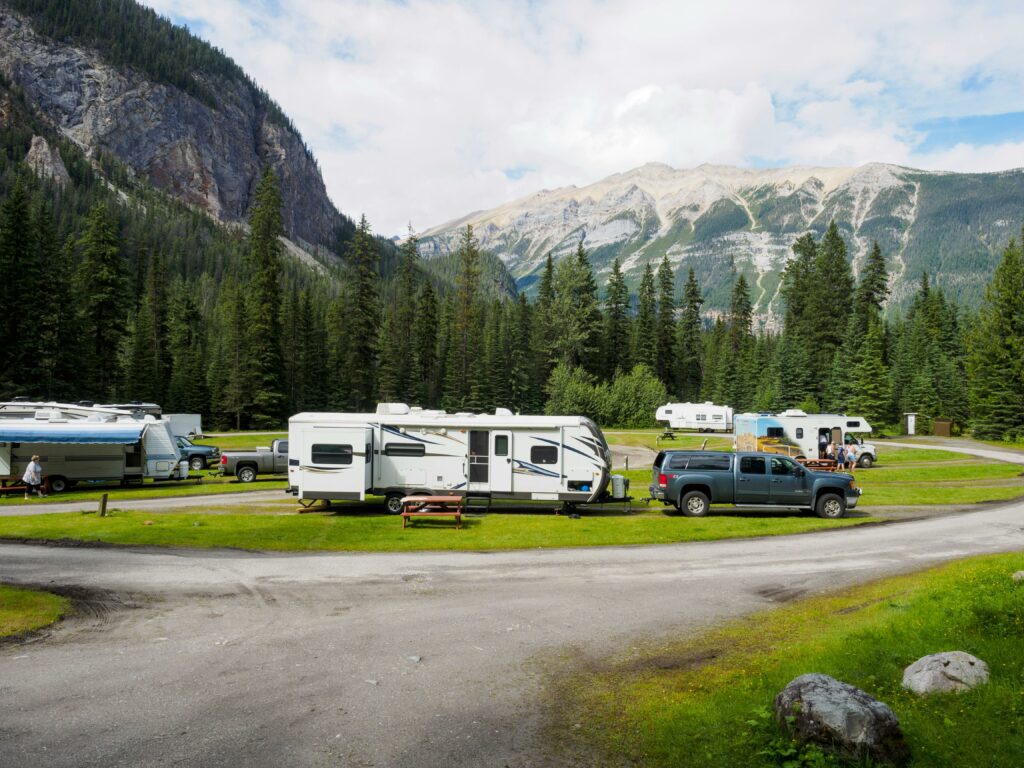When traveling with teenagers, many parents are likely to not feel very enthusiastic. After all, it implies spending long hours in a plane with a teen that will probably get bored and may not even have wanted to come along in the first place. There are also so many things that could go wrong, from food poisoning to sprained ankles, that the number of parents who think about letting their children at home in the care of a relative is not small. And while there’s no denying the importance of quality time spent this way, it’s worth noting that a change in perspective might help you see things in a completely new light.
Teenagers are navigating a crucial time of their lives and want to feel like grown-ups. When going on a trip, ask them to give their input about what they’d like to do. This can also be a stellar opportunity to teach about compromise, as you’ll set an itinerary together. Although learning and educational endeavors might not seem like the most obvious contenders for a fun summer vacation, they can be if learning is reframed to be fascinating and engaging. Many kids and teenagers get bored with the standard methods or how information is structured, but learning can be much more than that. A more pragmatic approach will most likely make a lot of difference. Here’s how to foster this attitude during your summer travels.
Experiential Learning
As the name suggests, experiential learning is a process during which students learn through practicality, doing things and completing tasks rather than just going through their notes. It is related to active learning, cooperative learning, and adventure learning. Experiential learning moves beyond the confines of a classroom to promote a more involved way of learning. After the information is acquired, it is supported and consolidated through critical analysis and further reflection.
The fact that teens can learn via experience leaves plenty of room for creativity, develops their problem-solving skills and keeps them curious and entertained. It’s much more likely for the mind to acquire information in these conditions, as boredom will typically not yield positive results. Summer travels are one of the best possible opportunities to set in motion experiential learning for your children so that when they return to school in autumn, they will feel enriched and benefit from the knowledge they accumulated. Who knows, it’s very likely that this information will make the school year much easier overall for them.
Reading
Reading is one of the most crucial educational activities, but many kids outright dismiss it. That is a problem because reading regularly helps improve concentration and vocabulary, boosting critical thinking, creativity, and academic performance. The key is to find books with mesmerizing storylines and likable characters that your children can relate to and whose adventures they’ll enjoy following.
The Lord of the Rings, the fantasy trilogy His Dark Materials, Little Women and The Chronicles of Narnia are some classic examples. Still, many more books are out there just waiting to be discovered. To Kill a Mockingbird, The Catcher in the Rye, A Tree Grows in Brooklyn, The Diary of a Young Girl, Go Tell It on the Mountain, Great Expectations, Never Let Me Go, Of Mice and Men, The Book Thief, the Hunger Games series, The Otherwhere Post and Eleanor & Park are some of the titles they might enjoy, as they feature relatable coming-of-age stories, social themes, extensive casts of characters and complex plots. Some are fantasy while others tell of actual lived experiences or possible futures, enough to pique the interest of the most reluctant readers.

Young adult literature has been growing in popularity over the years, and there’s no shortage of volumes to choose from nowadays. For teens who are fans of these genres, you can also look into graphic novels or manga.
Local Activities
When traveling to another country or region, it would be a pity if you didn’t take the time to become invested in the local culture and customs. Some events allow you to join the locals in arts and crafts projects such as pottery, painting or weaving. Sampling traditional foods can also be an educational experience when put into perspective, so you can see how different dishes evolved, for instance, based on geographical considerations that would change the types of veggies, herbs and livestock available.
If you stop by Miffytown this summer, there are several interesting upcoming events, such as ice cream day on July 21st and a folder decorating workshop on August 7th.
Teenagers are undoubtedly huge fans of shopping. It’s always a good idea for them to bring back souvenirs from their travels for themselves and their friends. So, shopping is a great way to continue your day if you visit Miffy Town to have some ice cream or attend a workshop. Mugs, bags, backpacks, keychains, and pillows featuring their favorite character, such as the popular Miffy, would be a wonderful idea. After all, teenagers place great importance on such things.
Language and History
Learning a foreign language at a younger age is much easier than later. Apart from the mental benefits, which include boosted cognitive function and a more comprehensive and open view of the world, being multilingual can also improve prospects for teenagers approaching college and starting to think about their first job. Encourage your teen to learn new words or phrases, and assist them with videos, apps, and audiobooks, especially if they are interested in unique writing systems like learning the Hangul alphabet, which is known for its scientific structure and simplicity.

Since you’re in a foreign country, they can also practice speaking by interacting with local people. History, an often cumbersome and much-dreaded subject in school, is also much more exciting to learn by visiting medieval castles and other real-life landmarks. Seeing these sites in person will also give your teen a unique perspective and allow them to learn even more than they would from most school books.
Keeping children entertained doesn’t have to be antithetical to continuous learning. It’s a stereotype that learning cannot be fun, and the fact that studying more is often used as punishment does nothing more than deter teens from the beauty of discovering new information. Give them a reading list, visit historical landmarks and get involved in the local culture.
Encourage them to practice their writing skills by keeping a daily travel journal and subscribe to educational podcasts for casual listening. All of these methods will make learning much more charming and interactive.


